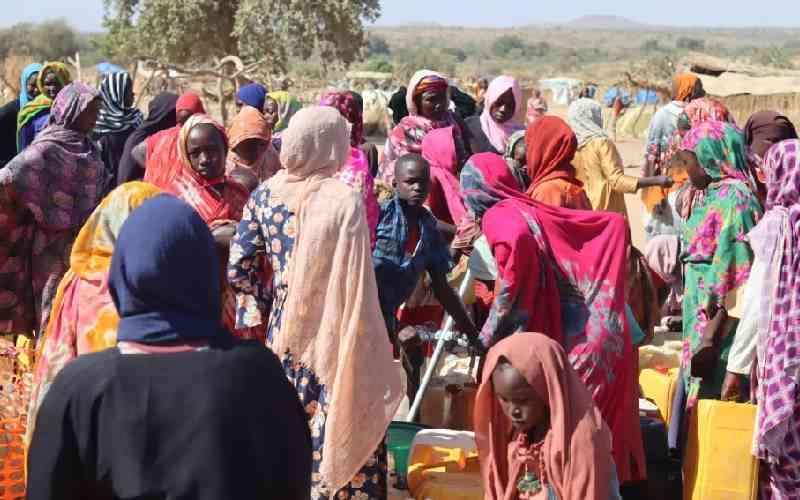×
The Standard e-Paper
Fearless, Trusted News

Sitting outside her makeshift shelter in eastern Chad, Sudanese refugee Mariam Adam Yaya warmed up tea on some firewood in a bid to quell the pangs of hunger.
The 34-year-old from the Masalit ethnic group crossed the border on foot after a four-day trek with no provisions and her 8-year-old son clinging to her back.